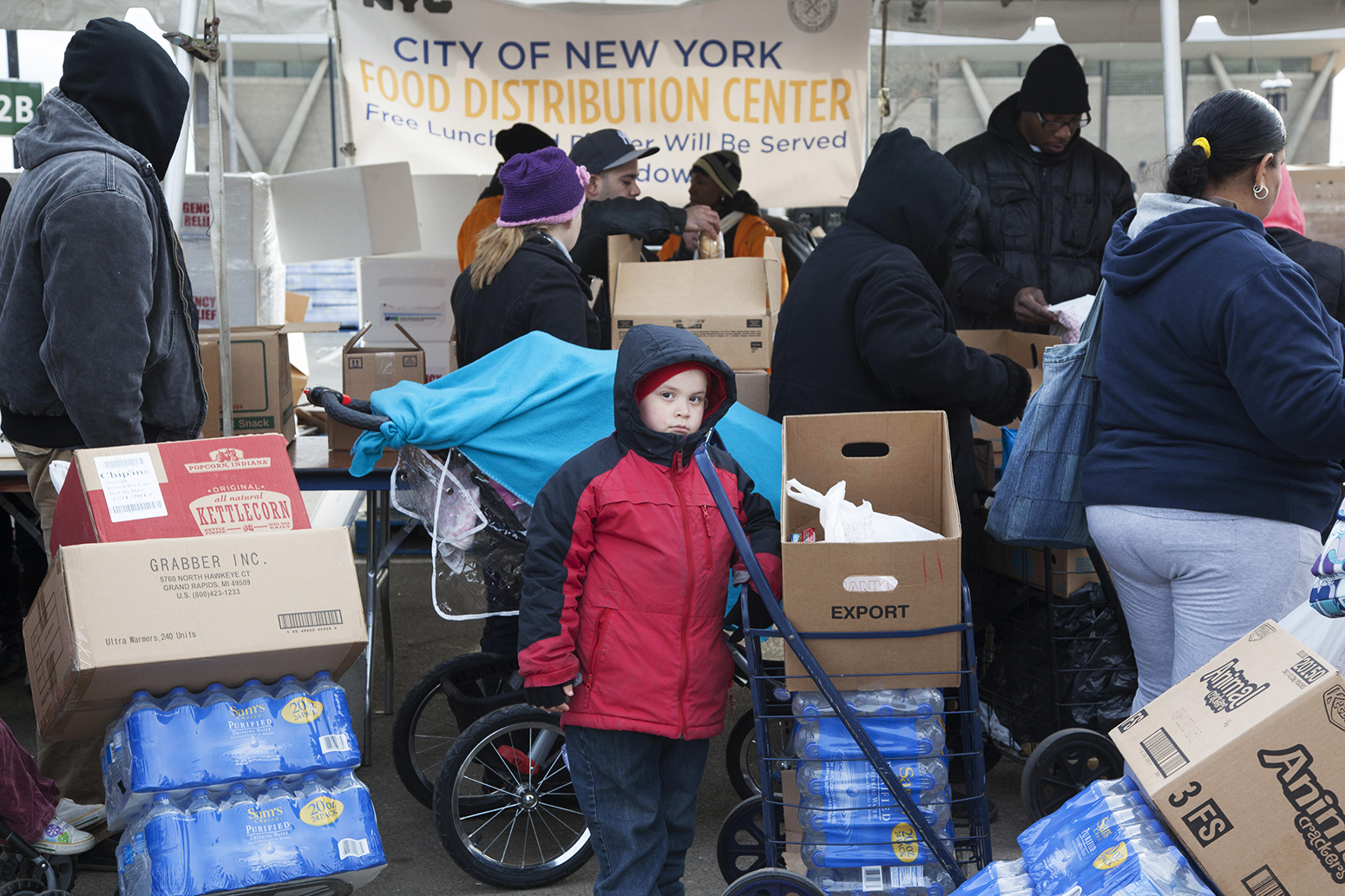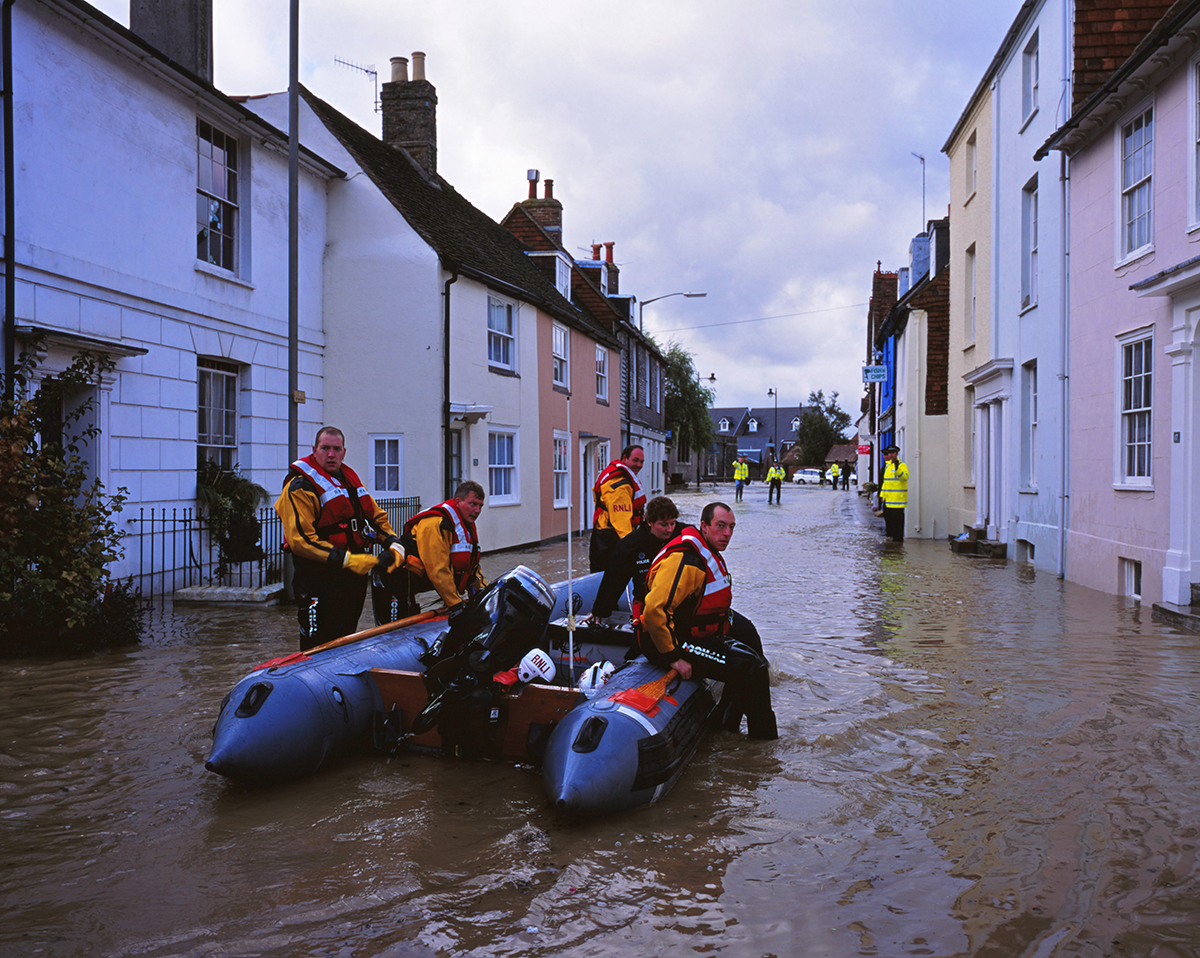
Guest post: The impact of climate change on mental health is impossible to ignore

Prof Helen Berry
04.16.18
Prof Helen Berry
16.04.2018 | 11:57amProf Helen Berry is the inaugural professor of climate change and mental health at the University of Sydney.
It is now widely accepted that climate change is one of the world’s leading health risks. From driving up the number of people exposed to heatwaves to increasing the risk of infectious diseases, such as dengue fever, climate change is already causing significant harm.
Similarly, the body of evidence that climate change is increasing the frequency and ferocity of weather-related extremes is increasing year-on-year. More people are being exposed – or, worse still, the same people are exposed more frequently – to injury, loss of homes and businesses, environmental damage and even loss of lives.
All of these have profound, often long-term effects on mental health. Yet there remains relatively little research on this topic, and even less commitment to doing anything about it.
This is a mistake. Good mental health is essential to our capacity to cope with and make the best of what life throws at us, including climate change. But it is not something we can take for granted.
Neglected research
Each year, hundreds of millions of people around the world experience mental illness. For most people, this is frightening, distressing, confusing and painful – potentially affecting every aspect of life. Work, relationships, finances, community participation and physical health are all touched.
Yet mental illness remains poorly understood, stigmatised and feared, too often experienced in shame and isolation. And the funding needs for mental health services and research are not being adequately addressed the world over.
That same neglect is reflected in the research around mental health and climate change. For example, as I show in a paper published in Nature Climate Change last week, a search on the online research database Scopus for studies concerning climate change and mental health yields just 208 publications between 2007 and 2018. And of these, only 29 critically evaluate mental health.
So, what does the available research tell us about the impacts of climate change on mental health?
Aggravating risk
Overall, the consensus in the scientific literature is that climate change will increase the number of people exposed to extreme events and, therefore, to subsequent psychological problems, such as worry, anxiety, depression, distress, loss, grief, trauma and even suicide.
Heatwaves, for example, are of particular concern. Research across the Australian population shows their impact on mental health is similar to that of unemployment. Night-time heat is associated with reduced sleep – a cause and consequence of poor mental health – and some psychoactive medicines become ineffective during heatwaves.
Research has shown a rise in hospital admissions for mental health issues during heatwaves in the Australian city of Adelaide, and identified a link between extreme heat, reduced crop yields and suicides in Indian farmers.
The impacts of weather-related disasters can be more dramatic and this is where the biggest risks lie. They can create food shortages, destroy public infrastructure and disrupt transport, cut off power and connectivity, damage land used for agriculture and recreation, destroy sacred places and even force people to migrate. Vital medicines and medical aids can be lost fleeing extreme events, interrupting continuity of care.
Reconstruction and recovery from disasters is enormously costly. Pressures quickly escalate on frontline responders, such as emergency services, nurses and pharmacists, and other public health-related resources – including hospitals, care homes and the healthcare workforce.
These pressures create stress on society and the communities which have to absorb impacts and costs. Volunteers and paid service providers burn out, businesses and economic opportunities are damaged, incomes are reduced and productivity falls. Inequality – a key driver of poor health – can also begin to rise.

A food distribution centre is set up following Hurricane Sandy, Coney Island, New York, 14/11/2012. Credit: David Grossman/Alamy Stock Photo.
Pressures on time, money and stress can lead to people spending less time participating in their communities, being with and supporting each other. This can impair social cohesion and positive identities. For some, isolation can result or intensify. When this happens, we lose our most critical sources of mental wellbeing.
The scientific literature shows that severe mental health effects of disasters disproportionately hit vulnerable people – particularly women, young people, migrants, people living with a disability, and ethnic minorities.
Flooding distress
Flooding in the UK offers another example. Research conducted by Public Health England (PHE) shows the floods in 2000 in Lewes, southern England, quadrupled community levels of psychological distress – and that those psychological problems were still identifiable four years after a flood.
PHE researchers have begun a programme of investigations to find out more about this and are looking at physical as well as mental impacts and “secondary stressors” – such as flood-related money pressures, problems with insurance claims and relationship stress.
The first year of the research has found elevated depression, anxiety and post-traumatic stress disorder in flooded areas, even among those who were not personally flooded. Rates of problems were much higher in flooded households, especially when the flooding disrupted domestic utilities or healthcare, or forced residents out of their homes for a time.
In good news, being forewarned of flooding protected people against mental health impacts – an important lesson to take from the research so far.
Way forward
The research undertaken so far has provided a solid base for understanding how climate change affects mental health. But connections still need to be analysed, theories tested and further evidence gathered.
In its Comprehensive Mental Health Action Plan 2013-2020, the World Health Organisation drew attention to the huge unmet global need for more and better, research-informed, mental health support.
The complexity of both mental health and climate change means that tackling the two together requires a “systems thinking” approach. This describes the big picture as well as the detail, taking in complex set of interacting factors – geopolitical, socio-economic, ecological and environmental – to best identify policy solutions.
Like all systems, the climate change-mental health system has power, resilience and momentum. As a result, there will be some aspects of mental health impacts – within a certain range of tolerance – that are unavoidable.
Working within an understanding the system will usefully influence policy thinking and the research needed to inform it. It is time to talk about climate change and mental health in our local, national and international communities, about harmful and adaptive pathways identifiable in the system – and about what we can do together to inhibit the former and promote the latter.
Fortuitously, people seem to worry about climate change collectively rather than personally, and this form of worry might be harnessed to motivate action on climate change and drive improvements in mental health. Both are greatly needed.
Berry, H. L. et al. (2018) The case for systems thinking about climate change and mental health, Nature Climate Change, doi:10.1038/s41558-018-0102-4
-
Guest post: The impact of climate change on mental health is impossible to ignore
-
Climate change can have a profound, long-lasting impact on mental health



